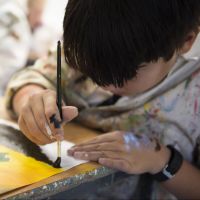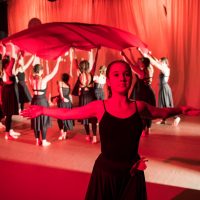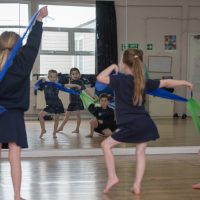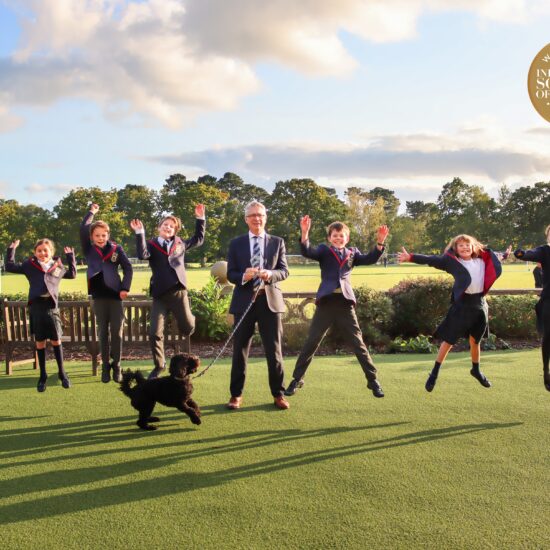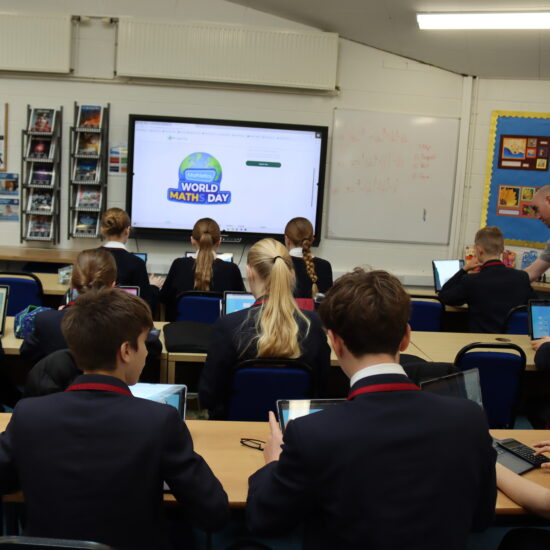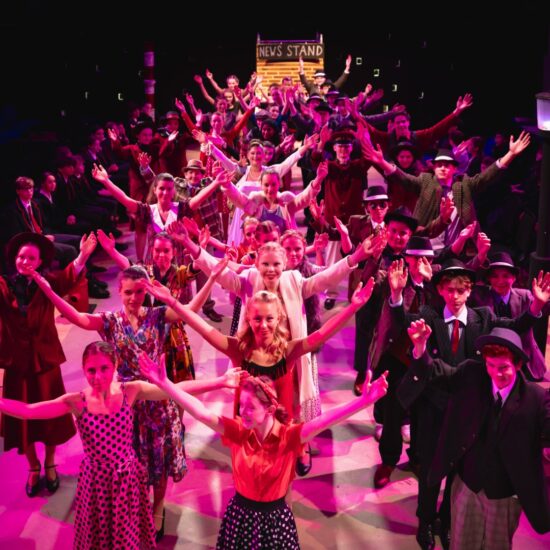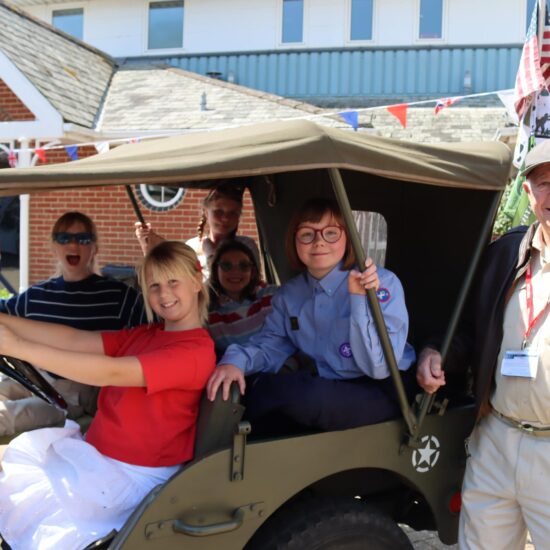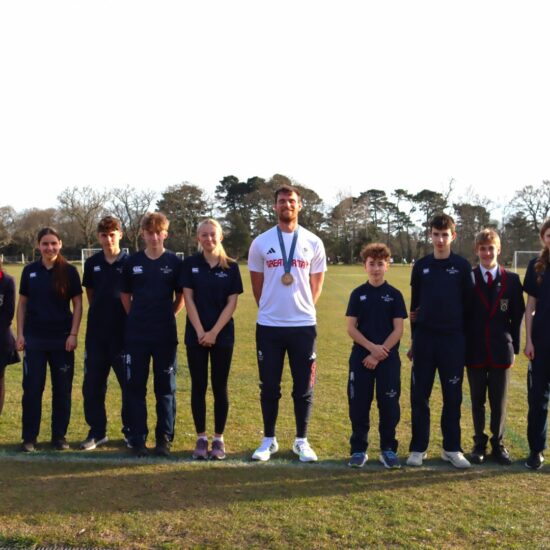“Earth and sky, woods and fields, lakes and rivers, the mountain and the sea, are excellent schoolmasters, and teach of us more than we can ever learn from books.” John Lubbock, author
At Ballard, we have always embraced outdoor learning and its importance in our pupils’ lives, not just the physical benefits but developmental and emotional too. Across curricular and year groups, our pupils are outside and active whenever possible (even in lockdown). We are extremely fortunate to have access to a variety of eco-systems locally with coast and the New Forest plus our own 34-acres of playing fields and woodland.
Several studies show that being outdoors benefits children in many ways including personal, social, educational, developmental and health outcomes.
With specific benefits including:
- Engagement in learning and academic achievement
- Better motor skills and increased levels of physical activity
- Improved mental health and wellbeing
- Improvement in behaviour and attendance rates
- Fostering pride, belonging and involvement in the community
- Inspiring creativity.
Shockingly another 2016 study reported that 74% of UK children aged 5-12 spent less than an hour outside each day, less than maximum security prisoners. Whilst many Independent schools are lucky to have plenty of grounds and facilities for pupils to enjoy, it is the accessibility and diversity of these which are key.
At Ballard, we actively encourage our pupils’ curiosity about nature and the environment; recognising all the benefits this entails. Our Victorian Water Gardens help pupils understand life cycles first-hand with frog spawn and the Ballard Mallard’s ducklings. Our pupil-led Eco-Committee sets the agenda for all things green at Ballard. Not only have they developed and driven our green policies at School, but they have also taken part in many local and national initiatives, including the RSPB Bird Watch, ‘What’s Under Your Feet,’ and beach cleans. Many build bug hotels, bird boxes and bird feeders with one pupil setting up a hedgehog home with a video so we can all enjoy hedgehog watch. This year we have introduced two beehives and sold our first jars of honey in aid of the New Forest Basics Bank – from wildlife to real life.
Another key area of outdoor learning, for many schools, is Forest School, which is well-known for fostering resilient, confident, independent, and creative thinkers, perfect for Ballard pupils. It also increases pupils’ awareness of nature and the importance of sustainability. At Ballard we have two fully qualified Forest School practitioners and multiple sites, including a woodland stream, allowing all pupils, from Kindergarten to Year 5, regular visits: enhancing their learning, development, and well-being. At Ballard, our ethos is all about nurturing, valuing, and encouraging each individual and this is very much the Forest School philosophy. These principles are applied higher up the School too with many academic subjects making use of our outdoor classrooms, terrace, and canopied areas. Subjects come to life when pupils experience them. Mathematicians observe the Fibonacci sequence in our sunflowers; scientists investigate a range of habitats; geographers become meteorologists and witness coastal erosion at work; historical re-enactments and dramatic interludes spark imaginations. A huge array of PE opportunities include forest and sea-wall runs for older pupils.
Teambuilding, including our Year 9 challenge week, are based on outdoor learning principles, building on all the life skills mentioned previously. We also play orienteering and geo-caching games provide a solid grounding for our successful DofE programme. Another exciting initiative is Ballard Marine, which combines STEM and sailing. Pupils have restored our six-metre keel boat and now sail, crew, learn seamanship and navigation on this and our ten-metre cruiser, extremely useful skills for the Solent. They compete nationally and won the ASTO Small Ships Race last year.
“At Ballard we embrace outdoor learning and, as cultural historian, Thomas Berry, stated “Teaching children about the natural world should be treated as one of the most important events in their lives.”


